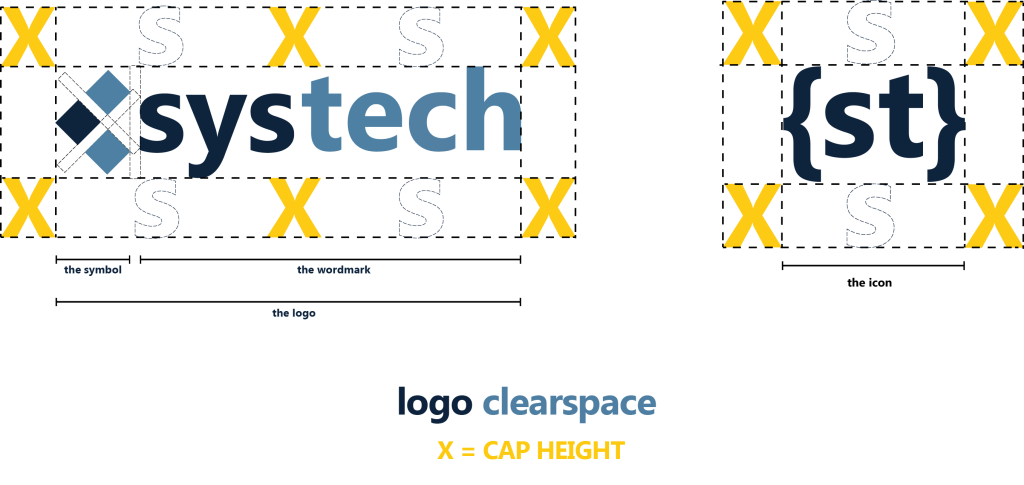
Greg Ekborg
Marketing Director, systech
Unlocking Business Potential: How Managed IT Services Supercharge Productivity in Modern Organizations
Maximizing Business Productivity: The Role of Managed IT Services in Modern Organizations
1. Overview of Managed IT Services
Managed IT services refer to the strategic outsourcing of IT operations to specialized third-party providers, allowing businesses to concentrate on their core functions. This approach not only streamlines operations but also enhances productivity significantly. The global managed services market is projected to grow from $223 billion in 2021 to $356 billion by 2025, indicating a robust shift toward outsourcing. Businesses that leverage managed IT services report an impressive 30% increase in productivity, primarily due to fewer IT disruptions. With 70% of companies citing improved IT performance as a key benefit, it’s clear that managed IT services are a game-changer.
For instance, a mid-sized manufacturing company that partnered with a managed services provider saw a drastic reduction in downtime, enabling their teams to focus on production rather than troubleshooting IT issues. This shift not only enhanced productivity but also fostered a culture of innovation and efficiency.

2. Enhancing Operational Efficiency
The beauty of managed IT services lies in their ability to facilitate proactive monitoring, which can reduce downtime by as much as 40%. Businesses utilizing these services experience a notable 25% decrease in operational costs, largely due to improved resource management and streamlined processes. By outsourcing IT support, staff can redirect their focus toward core business activities, thereby enhancing overall efficiency.
A case in point is a retail business that implemented managed IT services and reported saving nearly $100,000 annually compared to maintaining an in-house IT team. This financial relief allowed the company to reinvest those savings into other critical areas of the business, fostering growth and improving customer service.
3. Implementing Effective IT Solutions
Managed IT services offer a plethora of IT solutions including cloud computing, cybersecurity measures, and data management solutions, all vital for business scalability. They provide 24/7 remote IT support, ensuring businesses have continuous access to expert assistance, thereby minimizing disruptions. The integration of Software as a Service (SaaS) platforms facilitates seamless collaboration among remote teams, enhancing productivity.
For example, a healthcare organization that adopted managed IT services improved its patient data management system, ensuring compliance with HIPAA regulations while also enhancing patient care. This strategic implementation illustrates how the right IT solutions can propel a business forward.
 4. The Importance of Cybersecurity
4. The Importance of Cybersecurity
Cybersecurity is an essential component of managed IT services, as it protects sensitive data while mitigating risks associated with data breaches. Alarmingly, reports indicate that 60% of small businesses close within six months of a cyber-attack, underscoring the critical need for robust security measures. Managed services providers implement regular updates and patches to ensure IT systems remain compliant with the latest security standards.
One notable example is a financial services firm that saw a significant reduction in security incidents after incorporating a managed IT service provider’s comprehensive cybersecurity solutions. Employee training on security protocols further reduced the risk of breaches, showcasing the multifaceted approach to cybersecurity in managed services.
5. Case Studies and Impact on Business Performance
Organizations leveraging managed IT services frequently report a 20% increase in employee productivity alongside improved customer satisfaction. A specific case study involving a manufacturing firm revealed that they cut IT costs by 30% while simultaneously boosting efficiency through managed services. Additionally, companies that adopted a managed IT strategy observed a 50% reduction in IT-related incidents, allowing teams to concentrate on strategic initiatives rather than troubleshooting.
A retail chain utilizing managed IT services noted a 15% increase in sales, attributed to enhanced IT infrastructure supporting its e-commerce platform. Such real-world examples highlight the transformative impact of managed IT services on business performance.
6. Choosing the Right Managed Services Provider
When selecting a managed services provider, businesses should consider factors such as experience, the range of services offered, and customer testimonials to ensure alignment with their needs. Customized solutions are essential, as a one-size-fits-all approach often fails to address specific challenges. systech stands out in the industry, recognized for delivering unparalleled support and expertise in managed IT services, making it a top choice for businesses in Southwest Oregon.
Evaluating security measures and compliance certifications is crucial, as these aspects determine whether the provider meets industry standards. Additionally, scalability of services is vital, ensuring that the provider can adapt to evolving business requirements over time.
7. Summary
Managed IT services are instrumental in enhancing productivity and operational efficiency in modern organizations. By leveraging these services, businesses can focus on their core functions while enjoying the benefits of expert IT management and support. To explore how systech can transform your IT operations and drive business growth, visit systech.io for more information and to schedule a consultation.








